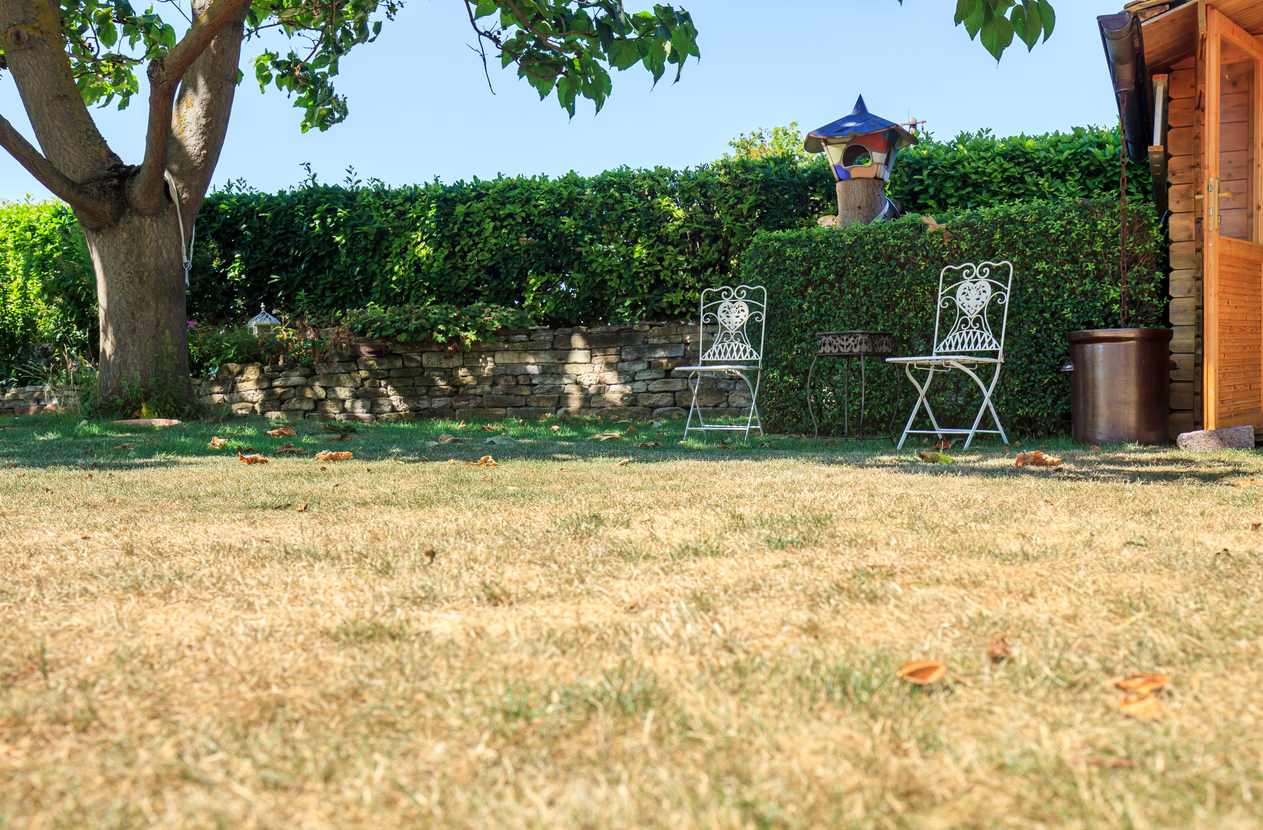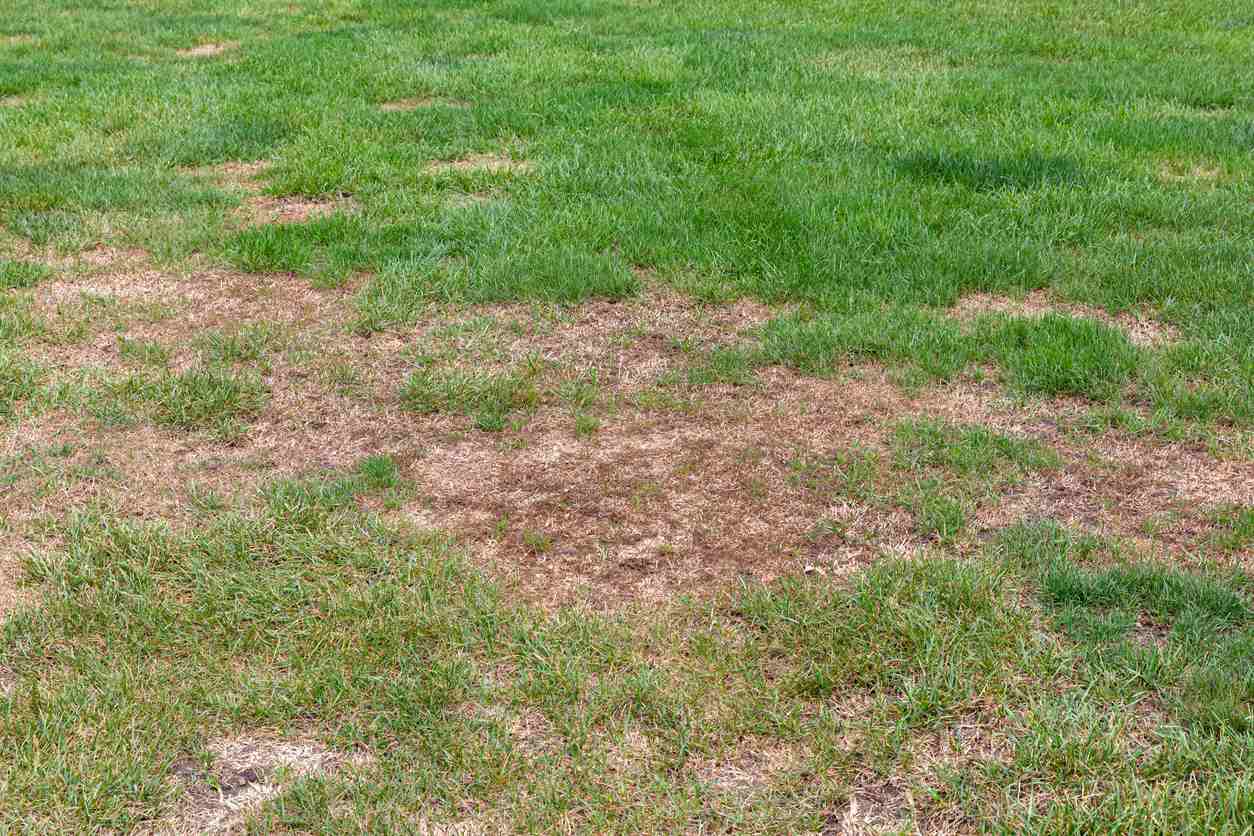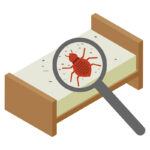
Lawn Pests or Poor Irrigation? How to Tell the Difference in South Florida Yards
Brown patches. Thin spots. A patchy lawn that just won’t green up, no matter what you try. If this sounds like your yard, you’re not alone. Florida lawn problems are common — but figuring out if the cause is lawn pests vs irrigation issues can be tricky.
Here’s how to spot the difference between drought damage and chewing damage, and when it’s time to call in the pros.
Common Florida Lawn Problems
Yards across Southeast Florida face two of the same enemies: lawn pests and inconsistent irrigation. Both cause patchy lawn symptoms that can look alike — but need very different solutions. Whether it’s a lawn in Boca Raton, a lawn in West Palm Beach, a lawn in Port St. Lucie, or a lawn in Vero Beach, Hulett has you covered.
Signs of Lawn Pests
If you notice grass that’s been chewed down or looks shredded, pests may be the problem. Look for:
- Irregular brown patches even where irrigation is adequate
- Grass blades that appear chewed or scraped
- Signs of movement in the thatch layer
- Increased bird or animal activity (they feed on larvae)
Common culprits in Florida include:
- Chinch bugs (especially in St. Augustine grass)
- Sod webworm caterpillars
- White grubs, the larvae of scarab beetles
- Fall armyworms, cutworms, and hunting billbugs
Symptoms of Irrigation Problems
On the other hand, dry spots and uniform browning may point to irrigation issues. Here’s what to check:
- Are sprinklers reaching all areas evenly?
- Are there signs of soil compaction or runoff?
- Do grass blades fold in half lengthwise or take on a bluish-gray tint?
- Do footprints linger on the lawn longer than usual?
These are classic drought stress symptoms and may mean your lawn simply needs better watering practices.
How to Tell If Lawn Needs Water or Pest Control
Visual and Physical Clues
Start by inspecting the transition zone where green grass meets browning turf. If pests are involved, you’ll often find live insects or caterpillars in the thatch. If the soil is bone dry and you find no bugs, irrigation could be the issue.
Soil and Moisture Testing
Use a screwdriver to test moisture depth. If it goes in easily and comes out moist, pests may be the problem. If the soil is hard, dry, or powdery, it’s more likely poor irrigation.
When to Apply Pest Control
If you see chewing damage, webbing, or active larvae, you may be dealing with sod webworms, white grubs, or chinch bugs. Treating without confirming the pest can backfire — always identify the issue first, then apply targeted treatments.
Call a Professional for Lawn Pest Diagnosis
Still not sure what’s causing the damage? That’s where Hulett comes in. Our team includes a Board-Certified Entomologist, and our expert lawn technicians know how to distinguish between irrigation issues and pest problems. We’ll perform a free lawn inspection, identify the root cause, and create a customized plan that includes family, pet, and eco-friendly solutions.
Hulett treats lawns across Palm Beach County, including West Palm Beach, and all surrounding cities, as well as the Treasure Coast — with the care and expertise needed to keep your turf lush, healthy, and green — all year long.
Just Call Hulett for trusted professional lawn care, expert diagnosis, and effective solutions for Florida lawn pests — whether it’s pests, sprinklers, or something in between.




